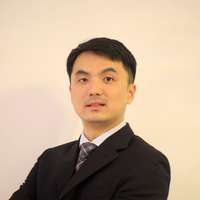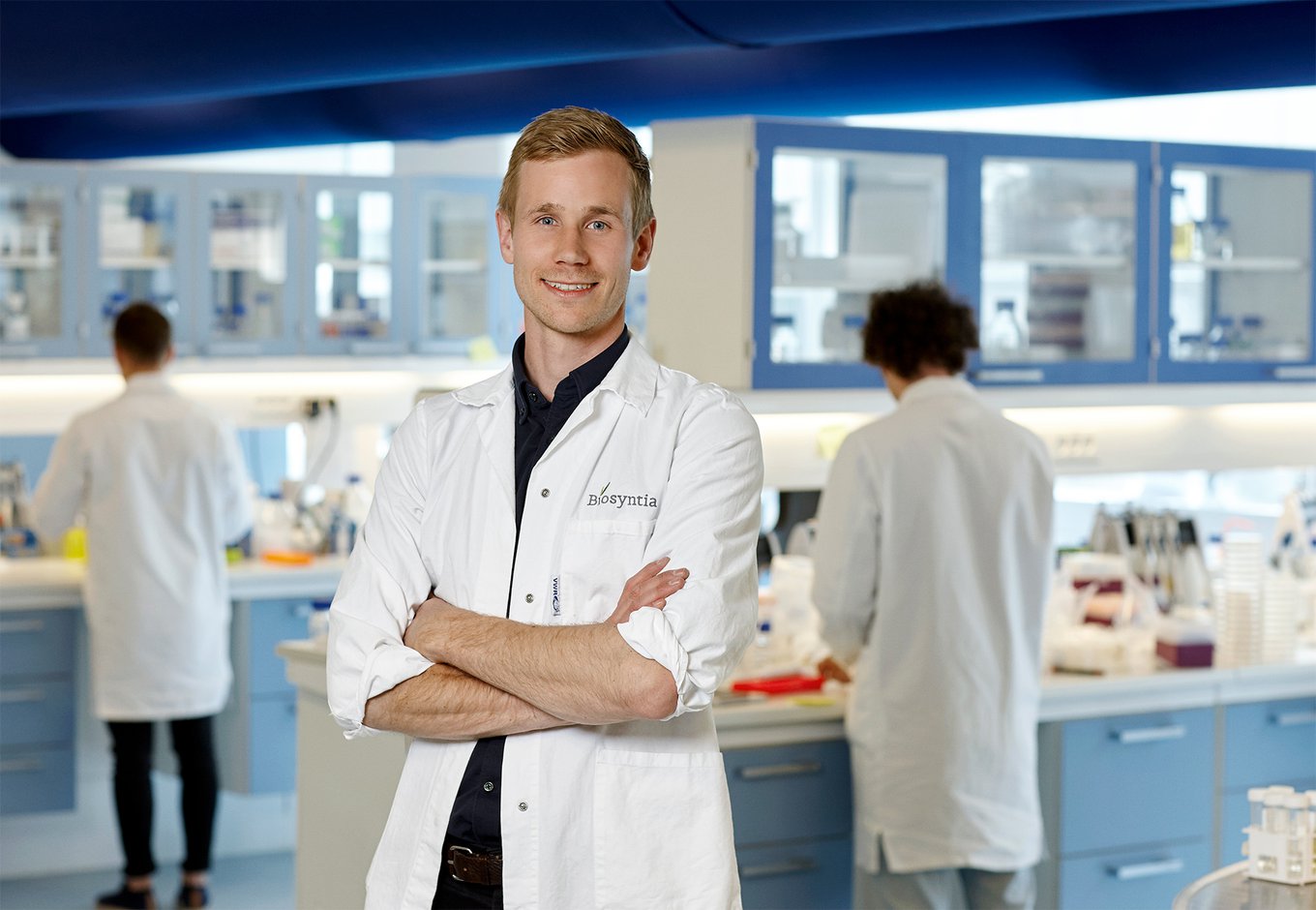Vitamins are fundamental to human nutrition, without them, the organism could end up developing diseases such as anaemia. Vitamins are naturally occurring compounds in foods, plants, and microorganisms. Although they can also be produced through chemical synthesis, this could result in an expensive and unsustainable process. Given that the world's population is constantly growing (9.7 billion people estimated in 2050 and 11 billion in 2100, according to the UN), it has become vital to find new and improved methods to manufacturing food and the essential elements that make it up.
Biotechnologist, Hans Genee, sees microbial fermentation as a highly promising approach to biologically obtaining the vitamins and antioxidants needed in future diets. Bacteria become factories that generate this type of molecules without the intervention of petrochemicals and at a more competitive cost. Nevertheless, getting them to do so efficiently remains a challenge as the internal mechanisms of the cells associated with fermentation are not fully understood.
Current approaches are based on screening the most productive bacteria on a trial and error basis, which is an expensive and very slow process. For this reason, Genee and his team at Biosyntia have designed another approach to select the best ones: using synthetic biology to reprogram microorganisms and subject them to conditions that can only be overcome with vitamins. This way, those that survive will be those with the highest production rates. The goal is for this technology to change the way the industry produces many other compounds of interest and transform it into a more sustainable process. This vision is what has ultimately made Genee one of the winners of Innovators Under 35 Europe from MIT Technology Review.
One of his strategies consists of inserting a fragment of RNA that functions as a biosensor into the producing microorganism. This fragment has the ability to bind in a very specific manner to the vitamin of interest within the cell. By doing so, it activates the gene expression that makes it resistant to an antibiotic. When exposed to it, the microorganism survives. In a population with millions of microorganisms, it is therefore possible to easily select those that produce a large amount of vitamins, enough to trigger gene activation and survive the antibiotic. Genee details, "These genetic switches exist in nature, precisely to activate or stop the production of vitamins. We have taken an innovation from nature and built upon it."
Genee had not intended to set up a company, but during his Ph.D. he got motivated to develop a project that would have "an impact," he recalls. He goes on to explain that creating a company offers "the opportunity to get the funding to tackle specific challenges and to develop a team to work with." This is what has essentially led him to found Biosyntia, a company based on a technology capable of evaluating millions of variants to the point where the ideal bacterial strains for fermentation are selected.
So far, Biosyntia has developed biological production processes for several B vitamins (naturally present in eggs, nuts, salmon, legumes, or bananas). The market research consultancy, Technavio, forecasted the market for vitamin B-complex ingredients to grow at an annual rate of 4 % between 2014 and this year.
Rodomiro Ortiz, Professor of Genetics at the Swedish University of Agricultural Sciences and member of the jury for Innovators Under 35 Europe 2019, highlights Genee's mix of "academic knowledge and entrepreneurial skills to build a start-up and raise 10 million euros in order to devote himself to a technological innovation. If this succeeds not only will it bring profits for the company, but also benefits for the world."
By José Manuel Blanco and Elena Zafra
Translation: Brian Bostwick




